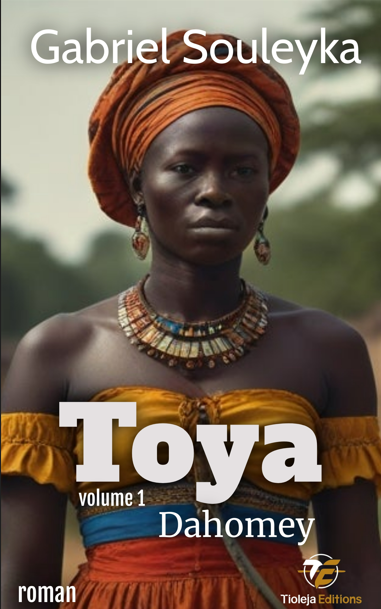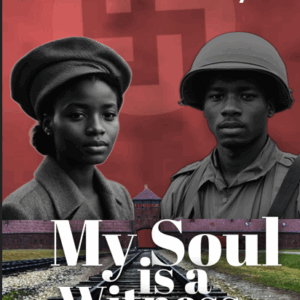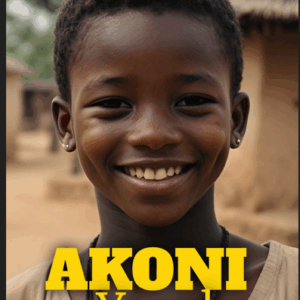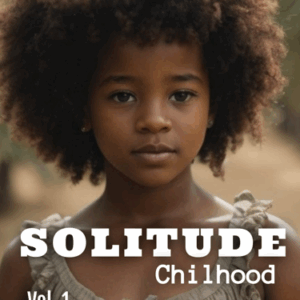Description
Toya, born in the powerful kingdom of Dahomey, was raised with a singular ambition: to join the ranks of the Minos, the elite corps of women warriors known for their bravery and unshakable discipline. From a young age, she proved herself through strength, strategy, and fearlessness, eventually rising to become the most revered general among them. Her life was a testament to courage and leadership — until it was torn apart by the violence of colonization.
During a fierce battle against French forces, Toya was wounded, captured, and forcibly deported to Saint-Domingue, where she was sold into slavery. Stripped of her freedom but not of her spirit, she refused to be broken. Shortly after her arrival in 1758, she escaped into the unfamiliar land, desperate to survive. It was then that she encountered a woman in the final moments of childbirth — a birth that ended in tragedy. Toya, moved by compassion and duty, took the orphaned child in her arms and claimed him as her own.
In a world that sought to erase her identity, Toya chose to embrace her role as a mother and a teacher. She raised the boy, educating him in the ways of resistance, instilling in him the values of strength, justice, and defiance. She trained him as a warrior, preparing him for the battles that would define his generation.
That boy was Jean-Jacques Dessalines — the future leader of the Haitian Revolution, the first emperor of independent Haiti, and the man who would crush the chains of colonialism to found the first Black republic in the modern world.
This novel is the story of Toya, a woman whose legacy lives not only in history but in the spirit of liberation she passed on. It is a tale of resilience, empowerment, and the profound impact one life can have on the course of nations.






